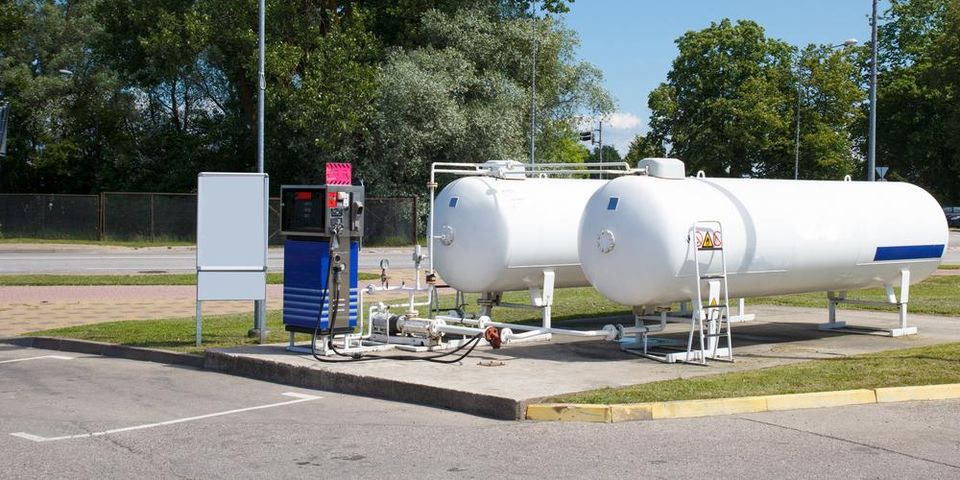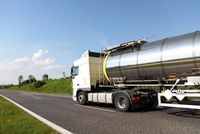
Between the large fuel tanks on many properties and the smaller ones used to grill delicious burgers, propane is a common fixture in many lives. Although it’s all around, there still might be facts about the gas – and using the gas – that are unknown to most. Here’s a helpful guide to the gas that does so much.
Propane Gas FAQ
Is Propane Dangerous to the Environment?
 No. One of the best aspects of propane is that it’s a clean fuel that was approved in the 1990 Clean Air Act and the Energy Policy Act of 1992. The gas is extremely clean when burned and is also nontoxic, meaning that water and soil are safe when exposed.
No. One of the best aspects of propane is that it’s a clean fuel that was approved in the 1990 Clean Air Act and the Energy Policy Act of 1992. The gas is extremely clean when burned and is also nontoxic, meaning that water and soil are safe when exposed.
Why Does Propane Smell?
In its natural state, propane is scentless. The very distinctive smell is added during refinement to make it easier to detect a leak. It should also be noted that even in the event of a leak, the gas simply turns into a vapor and dissipates into the air. There is no long-lasting effect on the surrounding environment.
Can I Paint My Propane Tank?
Yes. You can paint the tank to better fit your home’s appearance, helping it blend with the rest of your property. Not all colors are acceptable, however. Fuel containers should be painted a heat reflective color — unless the tank is located in an extremely cold climate.
Are Propane Tanks Dangerous?
No. There are numerous safety mechanisms in place that make tank-related incidents very uncommon. They do not explode, implode, or rupture unless a massive amount of force and effort is used to bring about those results. With normal use and regular maintenance, propane tanks are extremely safe.
If you’re looking for professional propane delivery in the Waterbury, CT, area, Best Oil is ready to help. With fair prices and reliable services, the company is everything you need. The business has been providing fuel services in the area for over 80 years, creating a personal and dedicated relationship with the community at large. For more information, call (203) 574-4050 or visit the website today.
About the Business
Have a question? Ask the experts!
Send your question

